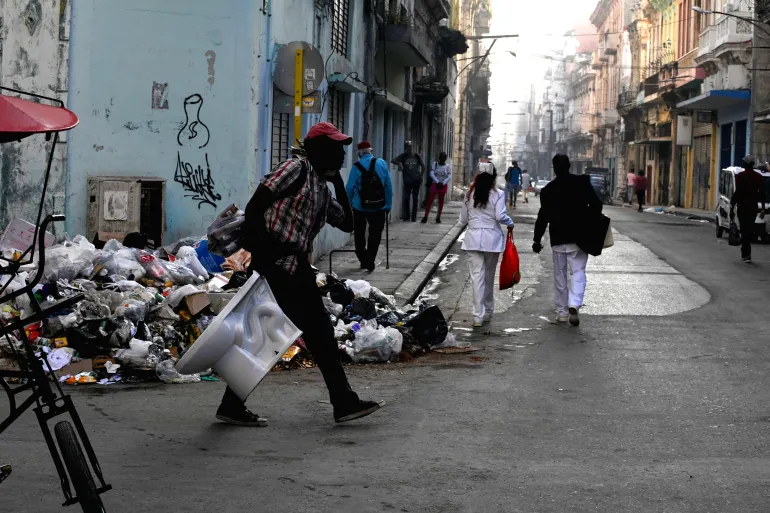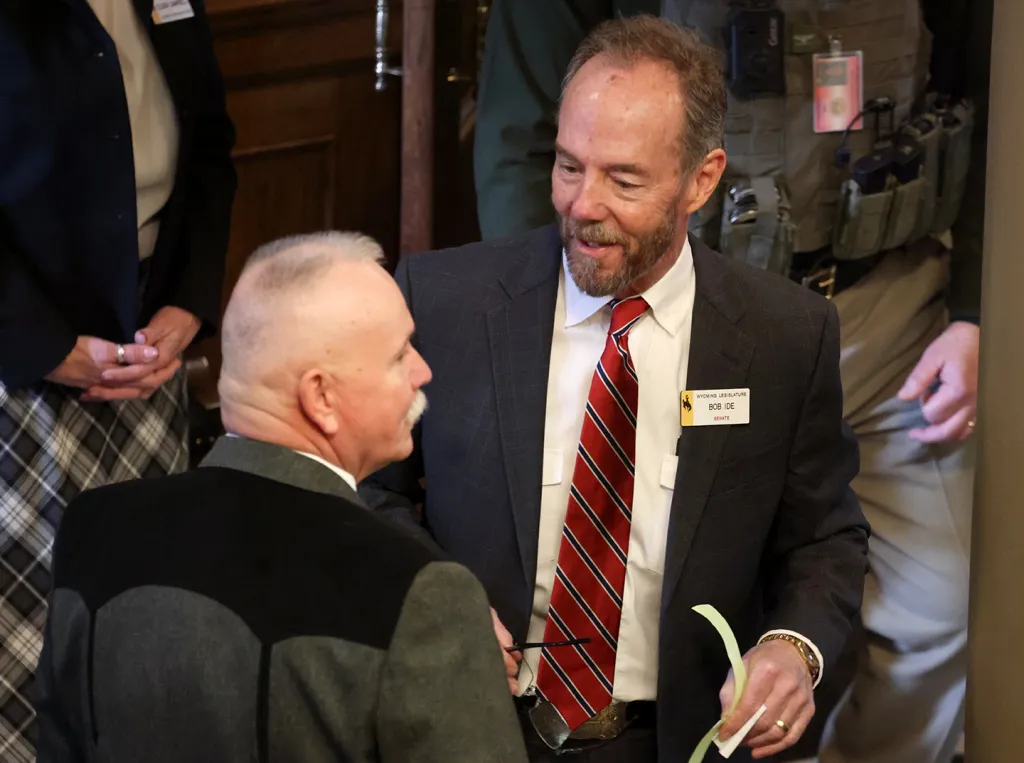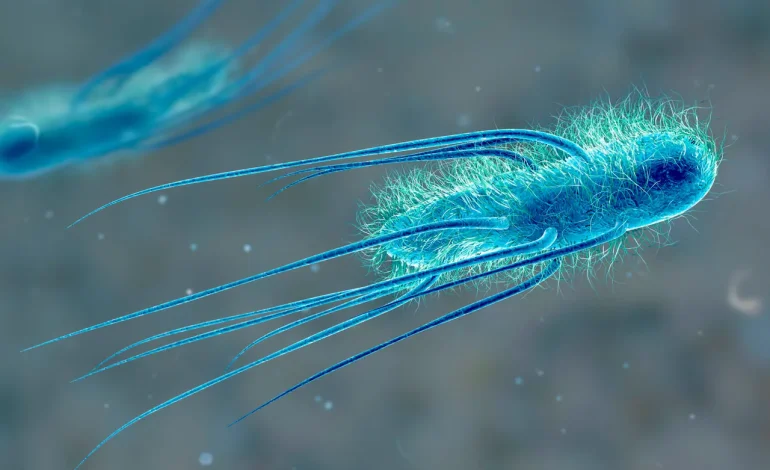Bowel cancer cases among people under the age of 50 have increased by 22 percent in recent decades, and scientists may be closer to understanding one possible cause, the Telegraph reports.
While lifestyle factors such as sedentary habits, poor diets, alcohol consumption, and obesity have long been considered contributors, new research points to an additional potential factor: exposure in childhood to a bacterial toxin known as colibactin.
Bowel cancer, traditionally seen as a disease affecting older adults, is now being diagnosed in more than 2,600 younger individuals in the UK each year, often without a family history or common risk factors. Scientists have proposed several explanations, but a new study suggests that exposure to specific strains of Escherichia coli (E. coli) bacteria early in life might play a role.
While most E. coli strains are harmless or even beneficial to the human gut, certain types known as pks+ E. coli produce colibactin, a toxin that can damage DNA in bowel cells. Researchers believe that such DNA damage could leave a molecular “fingerprint” linked to the development of cancer later in life.
A recent study published in Nature analyzed nearly 1,000 bowel cancer genomes. The researchers found that mutations associated with colibactin exposure were 3.3 times more common in individuals diagnosed before age 40 compared to those diagnosed after age 70. This finding suggests that early exposure to colibactin may set the stage for cancer decades before symptoms appear.
Dr. Vivian Li of the Francis Crick Institute and Professor Trevor Graham of the Institute of Cancer Research both highlight the strong association between colibactin-related mutations and early-onset bowel cancer. However, they caution that while the link is compelling, further research is necessary to establish whether colibactin exposure is a direct cause.
At present, scientists do not fully understand how children become exposed to colibactin-producing E. coli strains. Possible sources include contaminated food, untreated water, or disruptions to the infant gut microbiome during childbirth and weaning. Some strains that produce colibactin have even been used in probiotic supplements, raising further questions about their safety.
Currently, there is no clinical test available to determine if an individual has colibactin-induced mutations. Researchers are working on early detection methods, such as analyzing stool samples, but these remain at an experimental stage. It is also unclear whether removing colibactin-producing bacteria from the gut would reduce cancer risk or have unintended consequences.
In the meantime, health experts recommend proven strategies to lower bowel cancer risk: eating a high-fibre diet rich in fruits, vegetables, legumes, and whole grains; limiting consumption of red and processed meats; maintaining a healthy weight; reducing alcohol intake; and staying physically active. Fibre, in particular, is beneficial because it promotes healthy bowel movements and produces butyrate, a compound that helps protect bowel cells.
Health professionals also urge people of all ages to be aware of bowel cancer symptoms, which include changes in bowel habits, blood in the stool, and unexplained weight loss. Early detection significantly improves treatment outcomes, and anyone noticing persistent symptoms is encouraged to seek medical advice promptly.










The latest news in your social feeds
Subscribe to our social media platforms to stay tuned